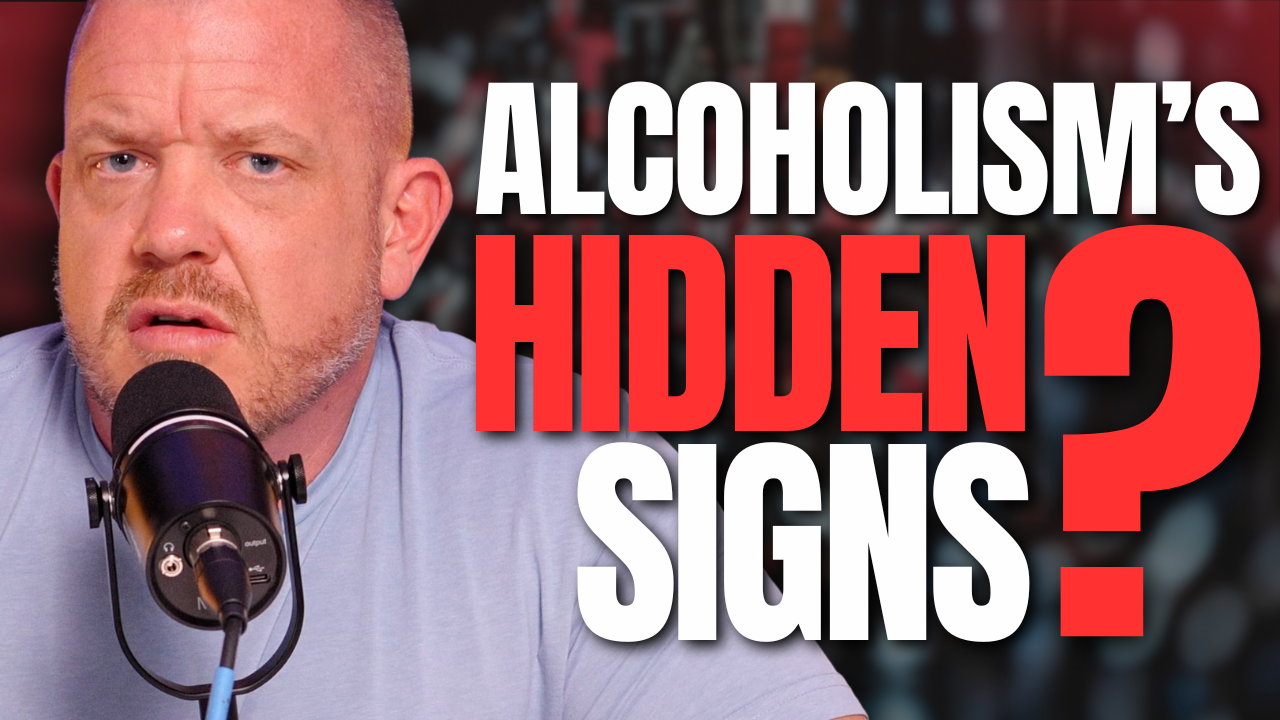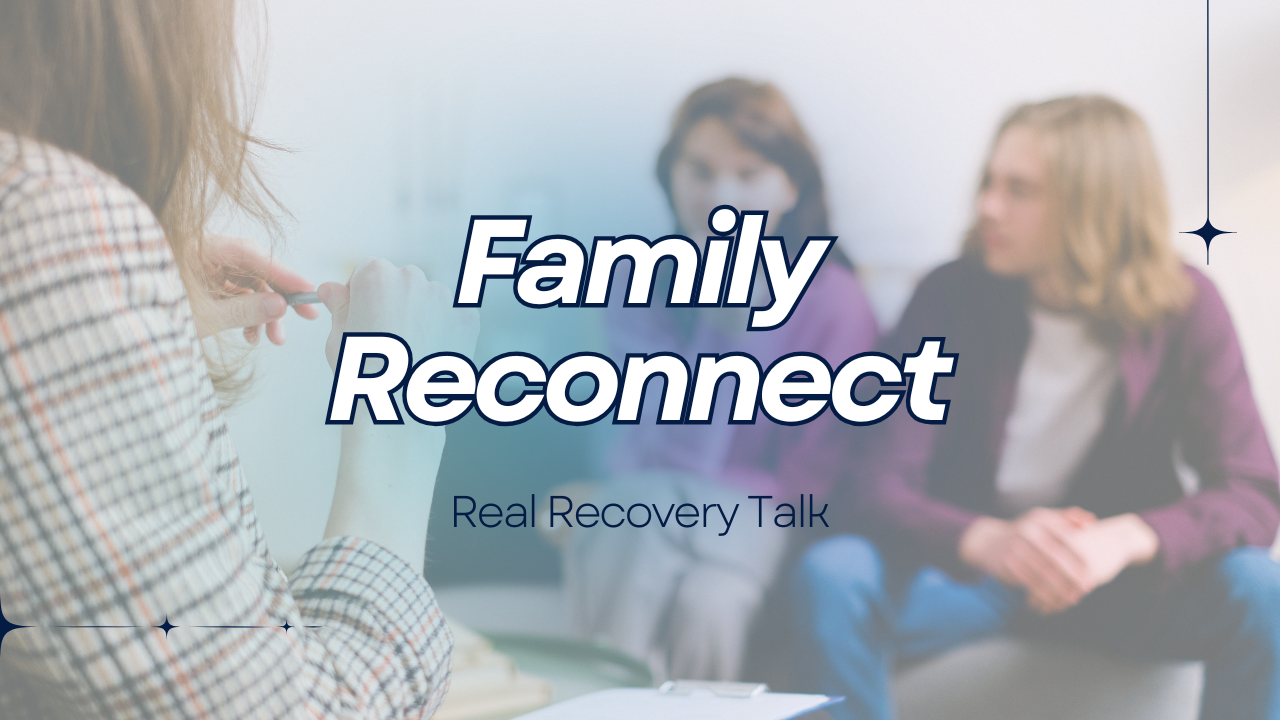
5 Hidden Signs of Alcoholism You Might Be Missing
Sep 11, 2025
Most people think the signs of alcoholism are obvious—DUIs, blackouts, job loss, or broken relationships. The truth? Some of the most dangerous signs go unnoticed for years.
I’m Tom Conrad. I’ve been sober for 15 years and have spent much of that time helping alcoholics and their families navigate recovery. In this blog, I’ll walk you through five hidden signs of alcoholism that can completely change how you view this disease.
Prefer to watch? Catch the full episode on YouTube here.
1. Protectiveness Around Drinking
One of the clearest red flags is secrecy and defensiveness about alcohol. This might look like:
-
Hiding bottles in the garage, closets, or cars.
-
Downplaying the amount of alcohol consumed.
-
Becoming defensive or angry if drinking is questioned.
For many alcoholics, alcohol is their most important relationship—and they’ll protect it at all costs.
2. Subtle Social Changes
Alcoholism often reshapes a person’s social life. Common shifts include:
-
Avoiding events where alcohol won’t be available (like family reunions or dry weddings).
-
Choosing friends who drink the same amount—or more.
-
Dropping hobbies and activities that don’t involve alcohol.
If your loved one suddenly loses interest in things they used to enjoy, or avoids gatherings unless alcohol is present, it may be a sign of deeper issues.
3. Physical Manifestations: Sleep, Energy & Irritability
Alcohol wreaks havoc on the body. Look out for:
-
Waking up in the middle of the night (sometimes needing a drink to fall back asleep).
-
Irritability or mood swings when alcohol isn’t available (the “Jekyll and Hyde” effect).
-
Low energy and chronic fatigue.
These symptoms often go unnoticed, but they’re strong indicators of alcohol dependence.
4. Increased Tolerance
High tolerance is often celebrated, especially among young adults or in social circles—but it’s a warning sign.
-
Needing more drinks to feel the same effect.
-
Bragging about being able to “hold your liquor.”
-
Drinking excessively without appearing drunk.
While tolerance might look like control, it’s actually a marker of progressing alcoholism.
5. Personality & Mood Changes
Alcoholism affects not only the body but also emotions and relationships. Watch for:
-
Sudden anger, irritability, or frustration.
-
Emotional highs and lows.
-
Isolation—disappearing into the garage, basement, or away from family for hours.
Unfortunately, those closest—spouses, children, and family—bear the brunt of these changes.
The Bottom Line: Alcoholism Isn’t Always Obvious
Alcoholism isn’t defined by how often someone drinks—it’s about the consequences. If drinking continues despite negative results (strained relationships, poor health, emotional instability), that’s alcoholism.
The good news? Recovery is possible. With the right support, families and individuals can heal.
Next Steps for Families
👥 Explore our Family Reconnect Program—a 12-week course with live Q&A calls, a private community, and tools for navigating addiction in the family.
📞 Book a free call with our team to talk through your unique situation


